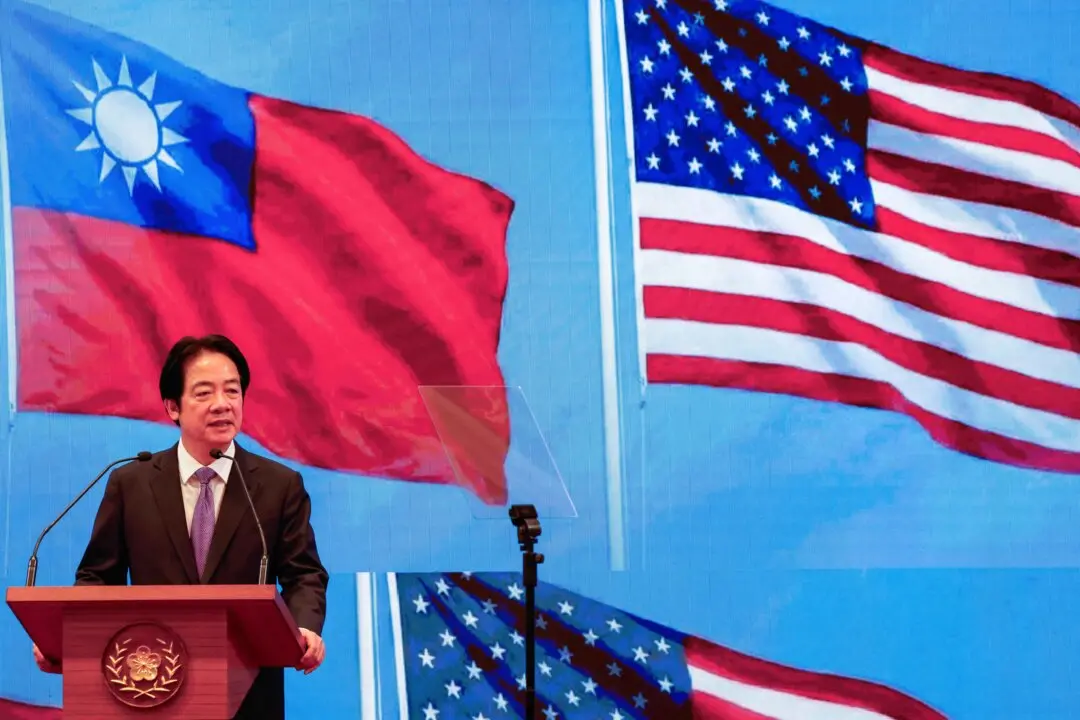As protests in Hong Kong against a controversial extradition bill continue, a great deal of attention is now being paid to how world leaders will respond to the demands of Hongkongers at the upcoming G-20 summit.
The G-20 is an international forum of cooperation, with an annual summit attended by government representatives and central bank governors from the European Union and 19 other countries, including Canada, China, Japan, the UK, and the United States.




